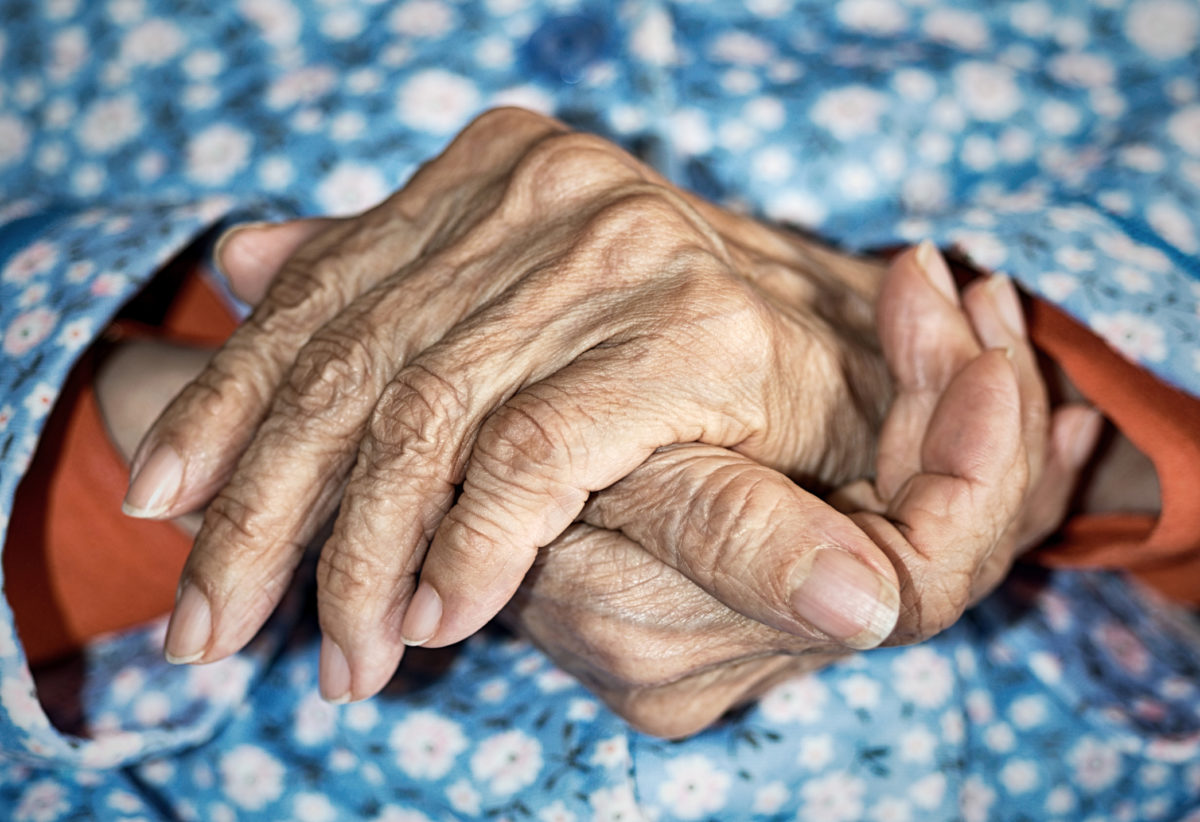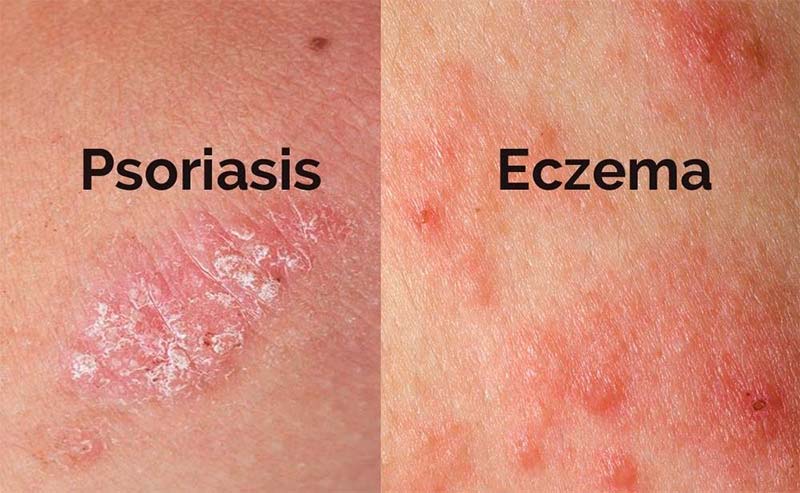The skin barrier is damaged in people with dry skin disorders such as eczema and psoriasis. People of every ethnic background and age range, from the very young to the elderly, can suffer from dry skin disorders. Dry skin is more common in older persons since their skin is thinner and less effective at creating natural oils known as sebum.

If you are one of them, you’ve likely tried the best moisturiser for dry skin on the market to cure your eczema if you have dry, itchy, and irritated skin. But, if you’ve done everything and still can’t get your itchy skin under control, you may have another skin ailment that has very like symptoms, in which case your eczema cream definitely won’t help. It is known as psoriasis.
Psoriasis and eczema resemble siblings in that they share similar symptoms but are fundamentally different if you look at them closely.
How To Tell The Difference?

Millions of individuals in Singapore and throughout the world suffer from the skin disorders psoriasis and eczema. Patches of dry, itchy, and thick skin are signs of the autoimmune illness psoriasis. Eczema is a persistent skin disorder that results in dry, red, and itchy bumps on the skin. Let’s explore how the two situations vary from one another.
Symptoms of Psoriasis and Eczema
Psoriasis
Skin patches that are itchy, red, scaly, and silver in appearance are a symptom of psoriasis. Although it can occur everywhere on the body, it most frequently affects the scalp, elbows, and knees. In addition to making the skin crack or bleed, psoriasis can also result in thicker or ridged nails, swollen and stiff joints, and burning sensations.
Eczema
Skin that has eczema is dry, itchy, and red. People who have eczema frequently scratch their itchy skin, which causes additional inflammation and dry skin, which in turn increases irritation. The phrase “itch-scratch cycle” describes this. Additionally, some people may experience skin areas that are leathery, scaly, or inflamed. The insides of the elbows, the cheeks, and the front of the knees are where eczema most frequently manifests itself.
Overview Of Psoriasis and Eczema Treatment in Singapore
Psoriasis Treatment
Psoriasis doesn’t have a cure, but its symptoms can be controlled with the proper care. A combination of prescription drugs, over-the-counter medicines, light treatment, and dietary modifications will likely be used to treat psoriasis. Psoriasis is mainly treated with topical medication. To assist in delaying skin development and lessen inflammation, thin layers of retinoids can be applied to the problematic regions.
Mainly, scalp psoriasis treatment in Singapore is available in shampoos, and salicylic acid treatments lessen the scaling. This kind of medication makes the scalp more receptive to drug absorption. Therefore, it can be used alone or with other topical therapies. Both non-prescription and prescription strengths are offered. Click here to find out more.
Eczema Treatment
Regular moisturising should be the initial step in treating eczema. You may be advised to use medicated lotions that reduce irritation and aid skin restoration if these don’t work. These are occasionally used with other therapies, such as wet dressings.
Applying a corticosteroid ointment and securing the drug with a wrap of wet gauze covered by a layer of dry gauze is an efficient, intensive therapy for severe eczema. Since the procedure is complex, it is occasionally performed in a hospital for patients with large lesions. Ask your doctor how to apply this procedure safely at home.
Create a Simple Skincare Regime Effectively
Dry skin conditions are expected people to encounter, and an effective skincare routine can help relieve discomfort. Your skin may avoid being too dry by staying hydrated, using the best moisturiser for dry skin, avoiding scorching air and showers, and more.
You can use face wash for sensitive skin free from paraben and alcohol to reduce allergy triggers. Body wash for sensitive skin is recommended, too, if dry skin symptoms are noticed on your body. If your skin does get dry, at-home remedies can frequently be beneficial. However, you need to be mindful to look for a skin specialist if your skin doesn’t get better or the symptoms worsen.